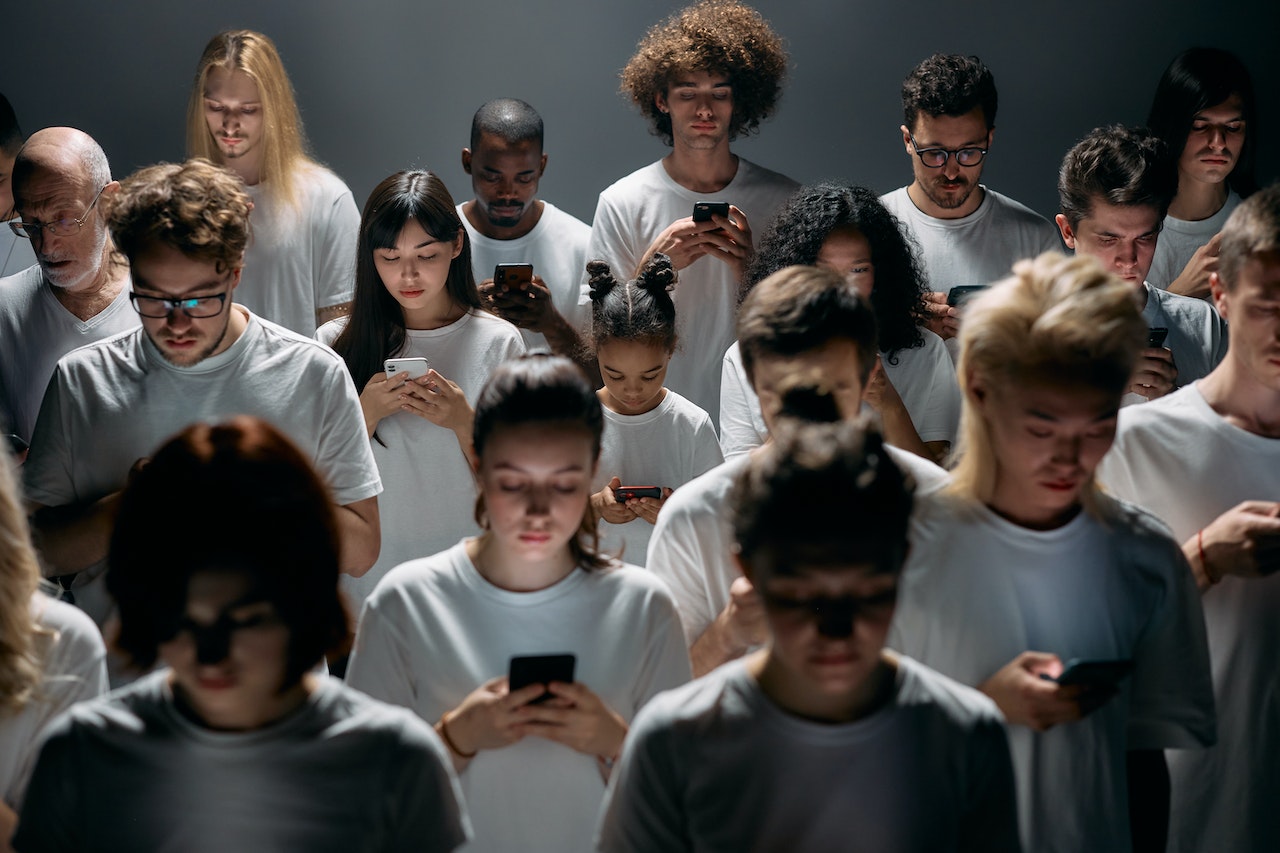Comments
- No comments found

In the digital age, social media platforms have transformed the landscape of political discourse.
The influence of these platforms on public opinion, political campaigns, and democratic processes cannot be overstated. Social media has revolutionized political engagement, offering both opportunities and challenges. It has transformed the way we access information, participate in political discussions, and shape public opinion. As we navigate the digital era, it is vital to critically evaluate the information we encounter, engage in constructive dialogue, and promote responsible usage of social media platforms for the betterment of our political discourse.
In this article, we delve into the impact of social media on politics and explore the challenges and opportunities it presents.

Social media platforms have provided a platform for individuals and organizations to express their political opinions and engage with a broader audience. The ability to share content instantly and connect with like-minded individuals has amplified political voices and facilitated the spread of information and ideas.
Social media has empowered citizens to become journalists, capturing and sharing real-time news and events. This shift has challenged traditional media channels, allowing for a more diverse range of perspectives and facilitating grassroots movements and social activism.
While social media has democratized information dissemination, it has also given rise to the spread of misinformation and fake news. The viral nature of content on these platforms can lead to the rapid spread of false narratives, making it crucial for users to critically evaluate the information they consume and share.

Social media has become an integral part of political campaigns, enabling candidates to reach and engage with voters on a personal level. Targeted advertising, data analytics, and social media influencers play significant roles in shaping campaign strategies and mobilizing support.
As social media's impact on politics grows, the need for regulation and responsible practices becomes evident. Striking a balance between free expression and preventing the spread of harmful content and misinformation poses a significant challenge for policymakers and platform providers.
Social media has provided an avenue for foreign entities to interfere in domestic political affairs. Regulation can establish mechanisms to identify and counteract foreign influence campaigns, protecting the sovereignty of democratic processes.

The vast amount of personal data collected by social media platforms raises privacy concerns. Regulation can establish guidelines and standards to protect user data and ensure that political campaigns do not misuse or exploit personal information for targeted messaging.
Algorithms used by social media platforms can inadvertently amplify certain viewpoints, creating filter bubbles and echo chambers that reinforce existing beliefs. Transparent regulation can require platforms to address algorithmic bias, promote diverse perspectives, and provide users with a broader range of information.
Most social media platforms have seen a rise in hate speech, harassment, and online abuse in the political sphere. Regulations can establish clear guidelines on what constitutes hate speech and harassment, promoting a healthier and more respectful online discourse. A few dominant social media platforms control a vast amount of online political discourse. Regulation can address concerns about the concentration of power by promoting competition, interoperability, and data portability, allowing for a more diverse and decentralized digital public sphere.
Social media platforms have significant influence over public discourse but have often faced criticism for their opaque content moderation policies. Regulation can provide clearer guidelines for platform moderation practices, ensuring greater accountability and transparency in decision-making processes.
Felix is the founder of Society of Speed, an automotive journal covering the unique lifestyle of supercar owners. Alongside automotive journalism, Felix recently graduated from university with a finance degree and enjoys helping students and other young founders grow their projects.
Leave your comments
Post comment as a guest